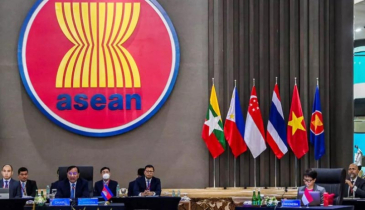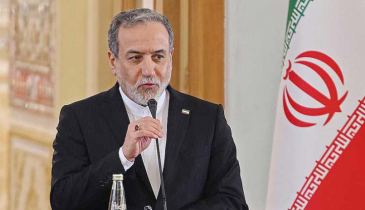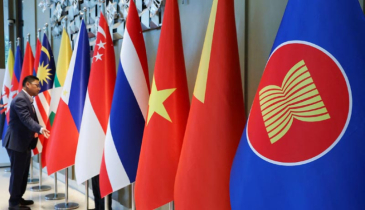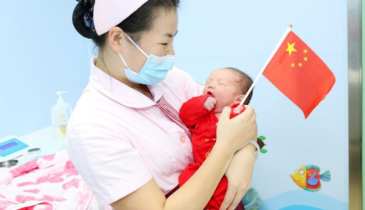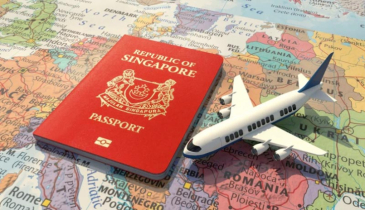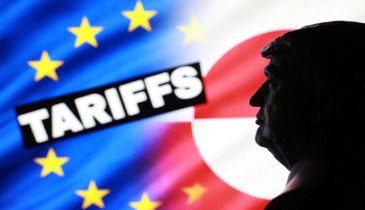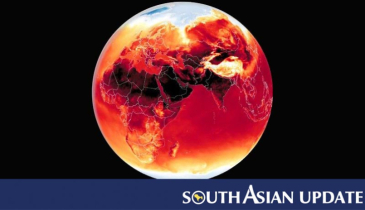Myanmar junta chief admits election won't be nationwide, as war continues
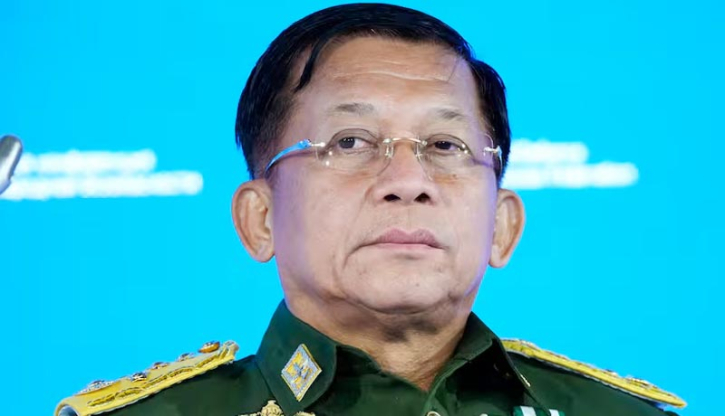
Myanmar’s military ruler Senior General Min Aung Hlaing acknowledged on Wednesday that the junta will be unable to hold its long-promised general election nationwide, citing continuing armed conflict and widespread instability nearly four years after the 2021 coup that plunged the country into civil war.
In a nationally televised address from the capital Naypyitaw, the junta chief conceded for the first time that the polls, slated to begin on December 28, cannot be held in “100 percent” of Myanmar’s territory. He said voting would take place in phases, with “by-elections” planned later in areas deemed too insecure once “stability is restored.”
The admission effectively confirms what many international observers and opposition groups have long warned — that the planned election will exclude large swaths of the country under the control of resistance forces and ethnic armed organizations, raising serious doubts about its legitimacy.
Min Aung Hlaing’s comments came just days after meeting Malaysia’s Foreign Minister Mohamad Hasan, ahead of a key ASEAN summit where the regional bloc is expected to deliberate on Myanmar’s deteriorating crisis and the junta’s request for ASEAN election observers.
The military regime, which ousted Aung San Suu Kyi’s elected government in February 2021, has faced unprecedented armed resistance from the People’s Defense Forces (PDF) and ethnic militias across the country. Analysts estimate that anti-junta forces now control more than half of Myanmar’s territory, including several major border regions.
According to a December report by the junta’s Central Statistics Organization, officials were only able to complete voter registration and census activities in 145 out of 330 townships — less than half the country. The report estimated Myanmar’s population at 51.3 million, though aid groups say that millions have been displaced internally or fled abroad since the coup.
The upcoming polls — the first since the coup — are widely viewed by Western governments, human rights organizations, and Myanmar’s opposition-in-exile as an attempt by the military to legitimize its rule through proxy political parties. Most anti-junta groups, including the National League for Democracy (NLD) led by Aung San Suu Kyi, have been banned or have chosen to boycott the election entirely.
Under the junta’s newly imposed electoral law, political parties must have at least 50,000 registered members and maintain a minimum of 100 million kyat (around $48,000) in funds to contest nationwide — requirements critics say are designed to exclude smaller or independent movements. So far, only six parties, all viewed as aligned with the military, are expected to participate.
Despite the growing violence — including recent airstrikes, mass displacement, and civilian casualties — Min Aung Hlaing has repeatedly framed the election as part of a “roadmap to democracy.” However, international confidence in the process remains virtually nonexistent.
ASEAN, which has been struggling to mediate the Myanmar conflict through its Five-Point Consensus, is expected to discuss the junta’s election plans and its invitation for observer missions during its upcoming summit later this month. Malaysia, as the bloc’s current chair, has pushed for a tougher stance on Myanmar, warning that holding elections under current conditions could further destabilize the region.
Since the coup, more than 5,000 civilians have been killed and over 20,000 detained, according to monitoring group Assistance Association for Political Prisoners (AAPP). The United Nations has described Myanmar’s situation as one of the world’s fastest-growing humanitarian crises, with over 2.6 million internally displaced and nearly half the population living below the poverty line.
.png)


